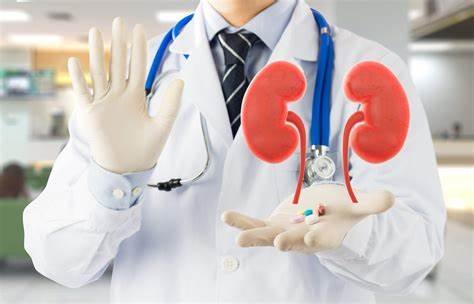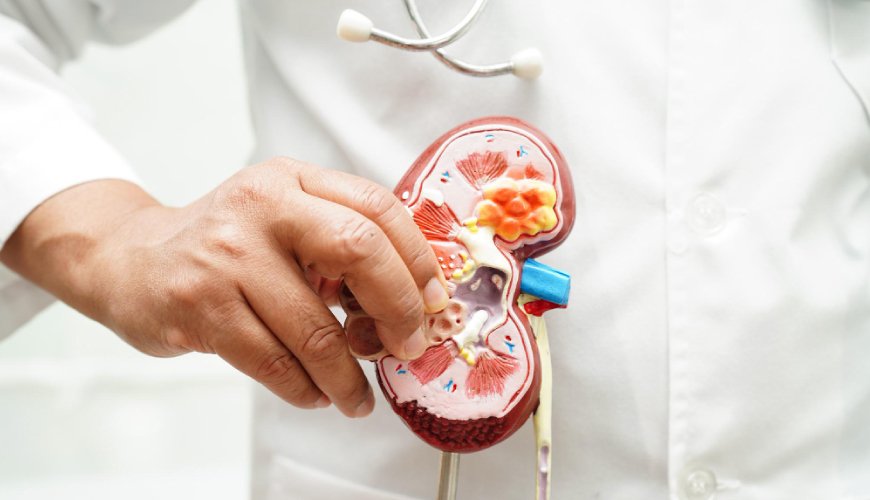Urological tests are crucial for diagnosing, monitoring, and managing conditions affecting the urinary tract and male reproductive system. Understanding these tests can help demystify the diagnostic process and empower you to take charge of your health.
1. Urinalysis
What It Is
Urinalysis is a routine test that examines the chemical, physical, and microscopic aspects of urine.
What It Can Tell You
- Infections: Indicates urinary tract infections (UTIs) through the presence of white blood cells or bacteria.
- Kidney Health: Detects protein or blood in the urine, which may signal kidney disease.
- Diabetes: Identifies glucose or ketones in urine, often linked to diabetes.
2. Urine Culture
What It Is
A urine culture is a lab test that identifies specific bacteria or fungi causing infections.
What It Can Tell You
- Confirms the type of pathogen responsible for UTIs.
- Helps determine the most effective antibiotics for treatment.
3. Cystoscopy
What It Is
Cystoscopy involves inserting a thin, flexible tube with a camera into the urethra to examine the bladder and urinary tract.
What It Can Tell You
- Bladder Health: Detects bladder stones, inflammation, or tumors.
- Urinary Obstruction: Identifies blockages or abnormalities in the urethra.
- Frequent UTIs: Investigates recurring infections.
4. Ultrasound
What It Is
An ultrasound uses sound waves to produce images of the kidneys, bladder, and other urological structures.
What It Can Tell You
- Kidney Stones: Visualizes stones in the kidneys or ureters.
- Bladder Function: Evaluates urinary retention and bladder emptying.
- Tumors or Cysts: Detects masses in the urinary tract.

5. Prostate-Specific Antigen (PSA) Test
What It Is
A blood test measuring PSA levels, often used for prostate health assessment.
What It Can Tell You
- Prostate Cancer: Elevated levels may indicate cancer.
- Benign Prostatic Hyperplasia (BPH): Identifies non-cancerous prostate enlargement.
- Prostatitis: Detects inflammation of the prostate.
6. Urodynamic Tests
What It Is
A series of tests measuring bladder function and urine flow.
What It Can Tell You
- Incontinence: Identifies the type and cause of urinary leakage.
- Bladder Disorders: Diagnoses issues like overactive bladder or underactive bladder.
- Obstructions: Detects blockages in the urinary tract.
7. Computed Tomography (CT) Scan
What It Is
A CT scan uses X-rays to create detailed images of the urinary tract.
What It Can Tell You
- Kidney Stones: Provides precise location and size of stones.
- Tumors or Cancers: Detects masses in the kidneys, bladder, or prostate.
- Trauma: Evaluates injuries to the urinary organs.
8. Intravenous Pyelogram (IVP)
What It Is
An IVP involves injecting a contrast dye and taking X-rays to highlight the urinary tract.
What It Can Tell You
- Blockages: Identifies obstructions in the kidneys or ureters.
- Kidney Function: Evaluates how well the kidneys filter and excrete waste.
9. Biopsy
What It Is
A biopsy involves taking a tissue sample for microscopic analysis.
What It Can Tell You
- Prostate Cancer: Confirms the presence and grade of cancer.
- Bladder Cancer: Diagnoses cancer or other abnormalities.
10. Blood Tests
What It Is
Blood tests evaluate markers related to kidney and urological health.
What It Can Tell You
- Kidney Function: Measures levels of creatinine and blood urea nitrogen (BUN).
- Infections: Identifies signs of systemic infections.
- Prostate Health: Assesses PSA levels and other markers.
Conclusion
Urological tests play a vital role in diagnosing and managing conditions of the urinary and reproductive systems. Regular screenings and timely evaluations can lead to early detection and effective treatment, improving overall health and well-being.










